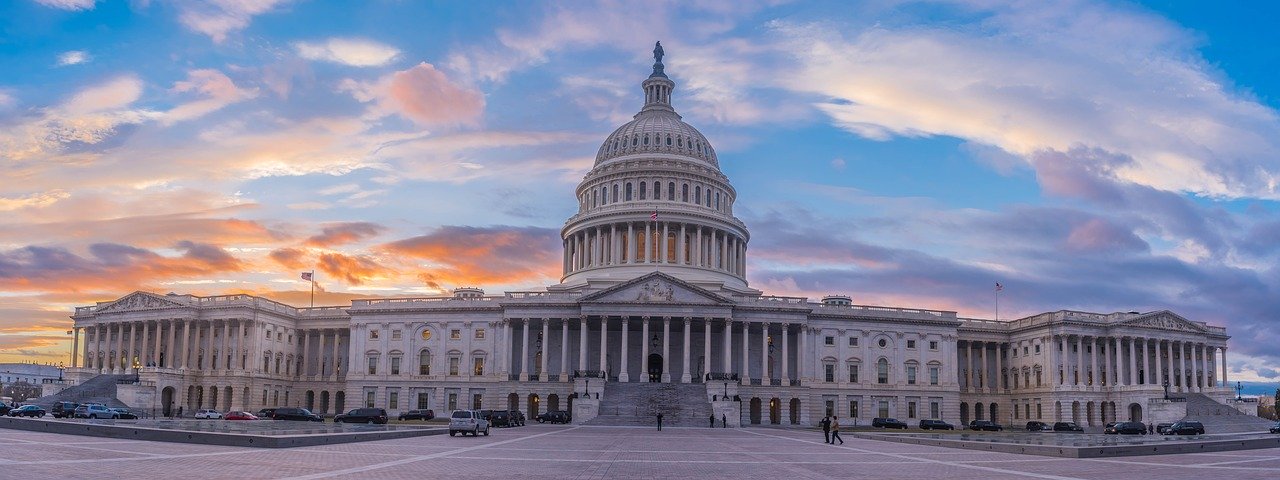 In two of my previous posts I have been discussing what N. T. Wright has dubbed a “Fresh Perspective” on the apostle Paul. What we have seen is that the Fresh Perspective (FP) reads Paul’s gospel as a confrontation with the Roman Empire. This confrontation implies a confrontation with all empires, including the so-called American empire of the current day.
In two of my previous posts I have been discussing what N. T. Wright has dubbed a “Fresh Perspective” on the apostle Paul. What we have seen is that the Fresh Perspective (FP) reads Paul’s gospel as a confrontation with the Roman Empire. This confrontation implies a confrontation with all empires, including the so-called American empire of the current day.
Today I want to consider whether this reading of Paul’s letters finds any resonance in evangelicalism and whether it will provide Evangelicals with a more faithful way to interpret the Bible.
It is perhaps those in the emergent wing of evangelicalism who have the most in common with this understanding of the way the Bible addresses America’s current role in world affairs. We note the frequent references to America as an empire within the writings of emergent leaders and their friends on the evangelical left.
Brian McLaren, “Christianity and the ‘Pride of Power'”:
I just returned from a five-week, seven-country speaking tour of Latin America. . . In each country, I heard Christian leaders . . . express amazement and dismay at the relative silence of the church in the USA. . . They know we are against terrorism, but they don’t know if we are against American empire and domination.
I tried to tell our fellow Christians in Latin America that many of us are speaking out against these things, but I had to admit that doing so feels like an exercise in going against the current, not only in the culture at large, but in the Christian community as well.
The degree to which Christianity in the USA has capitulated to a neo-Constantinian compromise with empire is disturbing to our Christian brothers and sisters around the world … and it should be to all of us in the church in the USA.
Brian McLaren, “An Open Letter to Chuck Colson”:
The U.S. action in Iraq may convince many people around the world that we’re just another powerful elite bent on domination, coercion, and elimination of our opponents through a messianic metanarrative of American Empire. So 9/11 may not mark a return to the good old days of modernity after all, at least not outside our borders, and not for long.
The use of the word “empire” in relation to American power in the world was once controversial, often restricted to left-wing critiques of U.S. hegemony. But now, on op-ed pages and in the nation’s political discourse, the concepts of empire, and even the phrase “Pax Americana,” are increasingly referred to in unapologetic ways. . .
The real theological problem in America today is no longer the Religious Right but the nationalist religion of the Bush administration—one that confuses the identity of the nation with the church, and God’s purposes with the mission of American empire.
America’s foreign policy is more than pre-emptive, it is theologically presumptuous; not only unilateral, but dangerously messianic; not just arrogant, but bordering on the idolatrous and blasphemous. George Bush’s personal faith has prompted a profound self-confidence in his “mission” to fight the “axis of evil,” his “call” to be commander-in-chief in the war against terrorism, and his definition of America’s “responsibility” to “defend the…hopes of all mankind.” This is a dangerous mix of bad foreign policy and bad theology.
The extent to which McLaren and Wallis are indebted to the FP interpreters is unclear. But it is widely known that N. T. Wright is a favored author among those participating in the Emergent conversation.
In any case, the real question is whether the FP provides for evangelicals a more faithful way to read Paul’s letters. I think the answer to that question is no. The FP founders on a hermeneutic predisposed toward eisegetical readings of Paul, on a refusal to accept the authenticity of all 13 of Paul’s epistles, on a bias that fails to see the critical lack of analogy between modern day America and imperial Rome, and on an inability to incorporate Romans 13:1-7 into its paradigm.
I unpack all of these shortcomings in my ETS paper. So if you are in Washington, D. C. on Friday, November 17, please come and hear why I don’t think the Fresh Perspective is a faithful interpretation of Paul.




6 Comments
John Divito
Denny,
I hope that you and/or ETS will make your paper available after the conference for those of us who aren’t able to make the trip to DC. I can’t wait to read it!
Paul
Denny,
are you going to put up a transcript of the presentation after 11/17? I’d love to see what you have to say in full, because I don’t see any anti-americanism in what these people are saying. I simply see complaints about what is a very real problem, re: our invasion of Iraq, our handling (and bumbling) of affairs in Latin America and further abroad. However, Especially in the quotes provided in the first part and today, I don’t really see them as attatched to scripture, at all.
Thanks!
Paul
dennyrburk
Dear Friends,
Yes, I will be posting the paper tomorrow. The final installment (part 4) will have a link so that you can download the paper. I will only make it available for the next week or so.
Thanks for all your interest. I appreciate you.
Thanks,
Denny Burk
Nick Srader
Good Luck tomorrow, Dr. Burk. I will be praying for you and I eagerly anticipate being able to read your paper in full.
dennyrburk
Thanks, Nick. I appreciate it, bro.
Pingback: